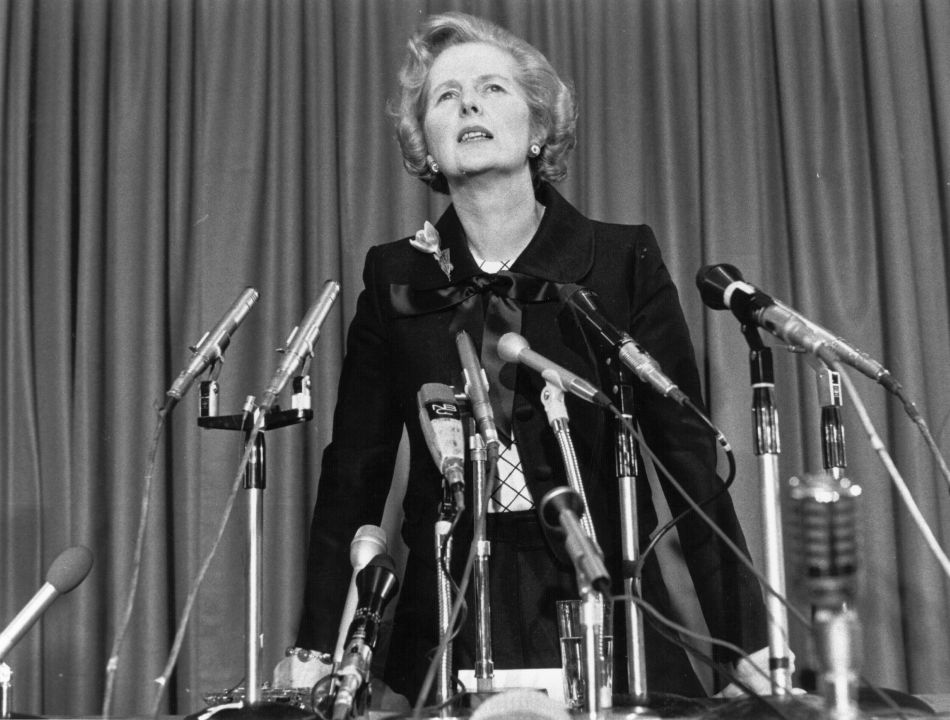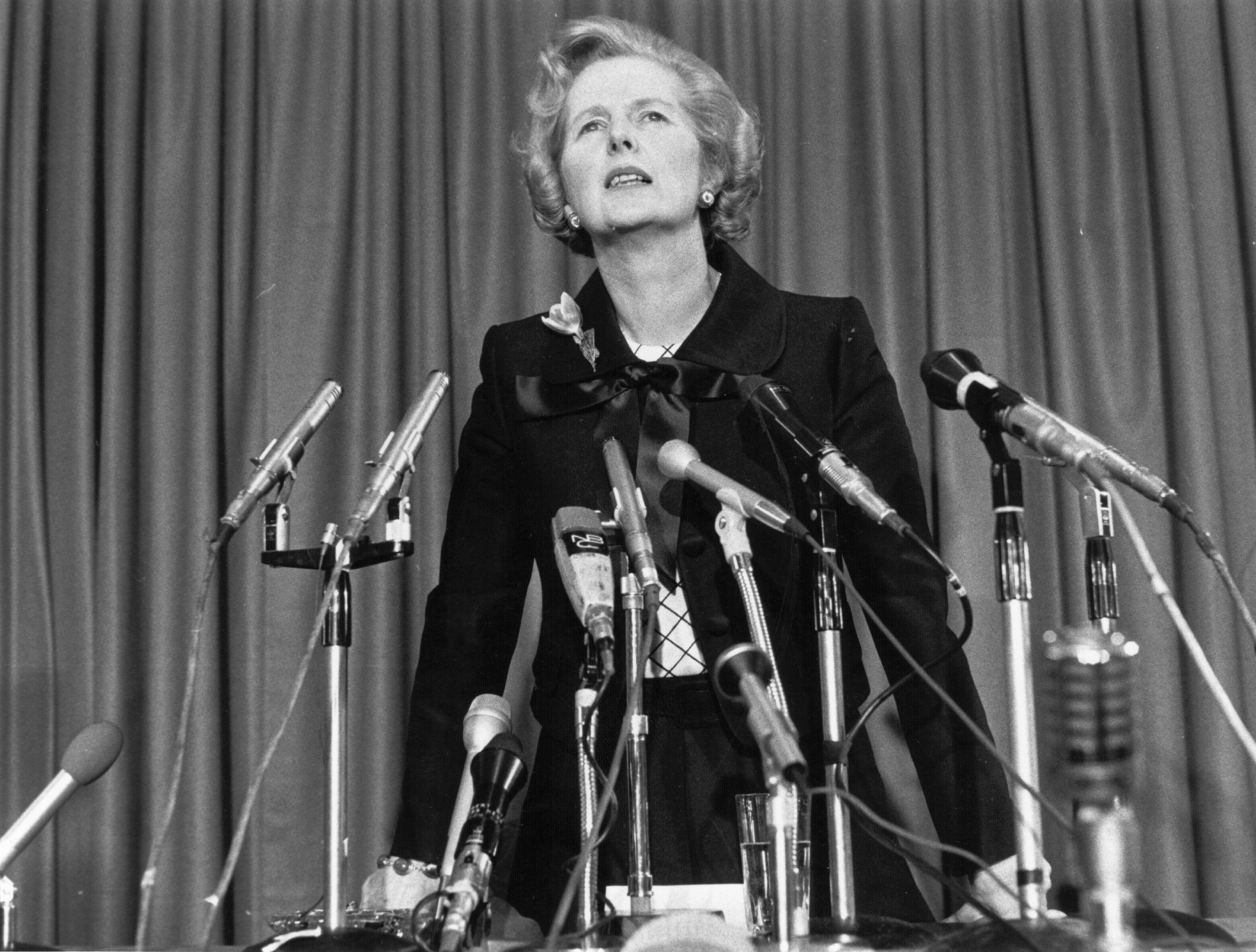 Was it remarkable that George Osborne rejected laissez-faire economics in his speech yesterday? A CoffeeHouser, Marcus Cotswell, asks why I didn’t pick up on it in my summary yesterday. It is a very good point, and perhaps one worth addressing in a post rather than a comment. The Tories have never, ever believed in laissez-faire – this was a Liberal policy, a product of late Victorian politics. But the phrase is now said to caricature and attack the right (like “trickle-down economics” and “Washington consensus” etc). As Adam Smith observed, businessmen tend to collude with each other – you need laws and regulations to stop them. It’s a basic tenet of functioning capitalism. And as for Conservatism? This is one of Thatcher’s favourite topics, so I’ll yield the floor to the Lady.
Was it remarkable that George Osborne rejected laissez-faire economics in his speech yesterday? A CoffeeHouser, Marcus Cotswell, asks why I didn’t pick up on it in my summary yesterday. It is a very good point, and perhaps one worth addressing in a post rather than a comment. The Tories have never, ever believed in laissez-faire – this was a Liberal policy, a product of late Victorian politics. But the phrase is now said to caricature and attack the right (like “trickle-down economics” and “Washington consensus” etc). As Adam Smith observed, businessmen tend to collude with each other – you need laws and regulations to stop them. It’s a basic tenet of functioning capitalism. And as for Conservatism? This is one of Thatcher’s favourite topics, so I’ll yield the floor to the Lady.
“Contrary to what is often asserted, we are not and never have been a party of ‘laissez faire,’ i.e. leave matters to themselves and the hidden hand of the market will take care of all. But we do believe that the Government’s overall responsibility for the nation’s well-being must be exercised in harmony with the working of market forces. Otherwise the contradictions and distortions created make the best—intentioned policies counter-productive.” – Article in the Daily Telegraph, July 1974
“And if anyone says I am preaching laissez-faire, let me say this. I am not arguing, and never have argued, that all we have to do is to let the economy run by itself. I believe that, just as each of us has an obligation to make the best of his talents so governments have an obligation to create the framework within which we can do so. Not only individual people, but individual firms and particularly small firms.” – Speech to 1975 Tory Conference
Nor was it just Thatcher. Eden observed, in 1947, that “We are not a party of unbridled, brutal capitalism and never have been. We are not the children of the laissez-faire school. We opposed them decade after decade.” Keith Joseph too declared himself “very far from laissez-faire”.
In fact, you can argue that modern conservatism is based on an explicit rejection of laissez-faire. Even Hayek was clear that the state has a duty to set and police rules. He defined liberalism as ‘using a legal framework enforced by the state in order to make competition as effective and beneficial as possible”.
So while it’s a statement of the obvious, the obvious can’t be stated enough at a time when we’re fighting (or should be) for the future of capitalism and the open society. The last ten years were not laissez-faire, as even Gordon Brown suggests. The crash was the result of bad regulation, not insufficient regulation. Brown told the Guardian last month that “laissez-faire had its day” and it did – in the 1880s. The problem this time was a blind, almost fundamentalist, faith in rules-based economics – the idea that, if inflation was low, everything else would be fine. And this stems from a blind faith in the power of governments.
Osborne’s speech yesterday went a good way to laying out a more nuanced and broader way of economic management, and one which neither dog-whistled to the hang-a-banker mob, nor proposed swapping one bad set of rules with a new set. He explicitly rejected the concept of relying on rules; and that’s how it should be. You can’t predict the future; there are too many variables. And terrible things happen when government is hubristic enough to think that it has cracked it.
It’s striking how often Thatcher spoke about the basics of capitalism in the mid-1970s: she called it the “free enterprise system” and Keith Jospeh called it the “social market”. This was to counter the attacks and caricatures of the left about “dog-eat-dog capitalism” and “laissez faire” and “devil take the hindmost” etc. In that era, politics was a genuine battle of ideas. It’s coming around again. The battle for the open society needs to keep being fought, and re-fought. So perhaps Osborne would do well to keep on at this theme.








Comments